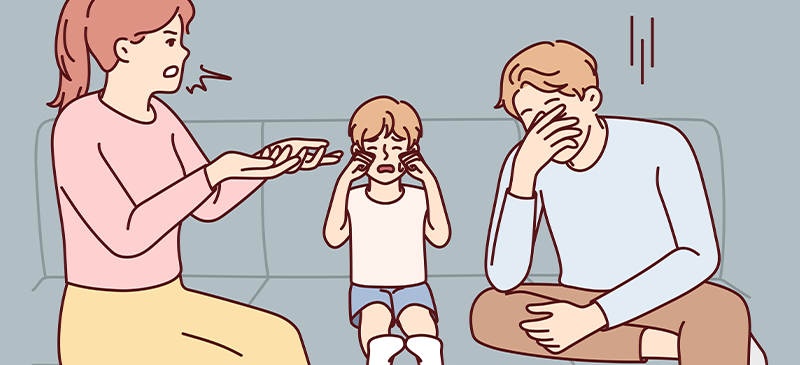Managing Childhood Tantrums
Managing Childhood Tantrums
A Parent’s Guide To Managing Early Childhood Tantrums
Tantrums are a normal part of early childhood development. They often happen when toddlers and preschoolers feel overwhelmed, frustrated, or unable to express their needs with words. While tantrums can be stressful for parents, they are actually opportunities for children to learn how to manage their emotions. With patience and consistency, you can guide your child through these tough moments and build healthier coping skills.
Why Do Tantrums Happen?
Young children are still learning how to regulate their feelings. They may not have the words to say, “I’m tired,” “I’m hungry,” or “I need help.” Instead, those big feelings come out through crying, screaming, kicking, or throwing things. Common triggers include transitions (like leaving the park), being told “no,” feeling overtired, or wanting independence but not having the skills yet.
Staying Calm During a Tantrum
When a tantrum happens, the most powerful tool you have is your own calm. Yelling or punishing often escalates the situation, while staying composed shows your child that big feelings can be managed. Take deep breaths, keep your voice steady, and remind yourself that this behavior is developmentally normal. Sometimes it helps to step back mentally and view the tantrum as a teaching moment rather than misbehavior.
Practical Strategies for Parents
Acknowledge feelings: Say things like, “I see you’re upset because you wanted more playtime.” This validates emotions while setting boundaries.
Offer simple choices: Giving children small options (“Do you want the red cup or the blue one?”) can reduce power struggles.
Distract and redirect: Younger children can often be gently shifted toward a different activity or toy.
Set consistent limits: Calmly reinforce rules - if screen time is over, don’t give in during a tantrum. Consistency builds security.
Use comfort when needed: Sometimes, a hug or quiet presence helps children settle more quickly.
Preventing Tantrums Before They Start
While not every childhood meltdown can be avoided, some proactive steps can help reduce their frequency:
Stick to a predictable routine with regular meals and naps.
Give children warnings before transitions (“Five more minutes, then we clean up”).
Praise positive behavior so your child learns what to do instead of only hearing what not to do.
Encourage communication - teach simple words or gestures to express needs.
Building Emotional Skills Over Time
As children grow, they gradually develop better self-control and problem-solving abilities. By modeling calm responses, teaching words for feelings, and showing empathy, you help your child build the foundation for lifelong emotional regulation. Remember: tantrums are a phase, not a reflection of poor parenting. With consistency, patience, and love, both you and your child will get through them.
View and download our helpful Kindergarten Readiness Checklist.
This content is for educational purposes and is not a substitute for professional medical or psychological advice.
Popular Parenting Articles


